I’m a doctor — here’s what to know about rising cancer rates in young people
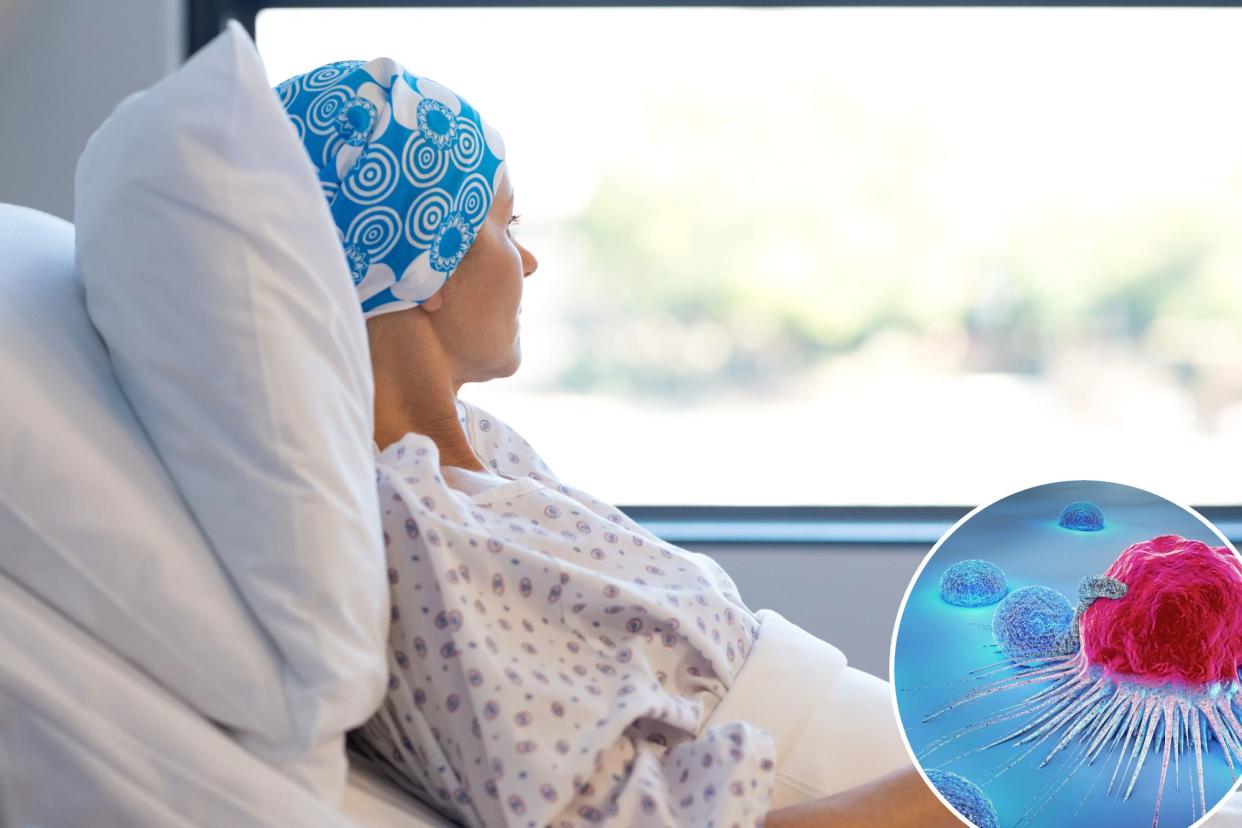
They grow up too fast, literally.
Young people might be aging faster than ever, and it could increase the risk of early on-set cancers, according to a recent study.
“Multiple cancer types are becoming increasingly common among younger adults in the United States and globally,” study author Ruiyi Tian, a graduate student at Washington University School of Medicine in St. Louis, said in a release.
The researchers examined biological age — a measurement of age that can be influenced by factors like diet, physical activity, mental health and environmental stressors, Tian explained.
So unlike chronological age, which is simply how long someone has been alive, biological age can actually make you seem much “older” depending on whether you exercise regularly or are always under a lot of stress, for example.
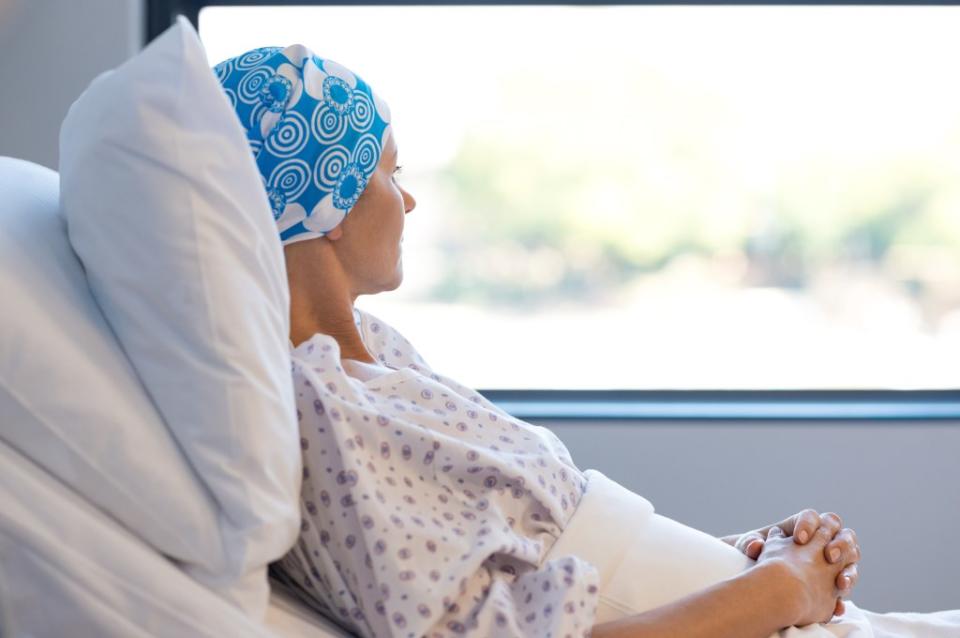
The scientists found that people born after 1965 had a 17% higher increased risk for accelerated aging compared to those who were born between 1950 and 1954. Next, they looked at the association between accelerated aging and early-onset cancer. The team found striking increases particularly in lung cancer, gastrointestinal cancer and uterine cancer specifically.
The findings, the team said, could pave the way for screenings based on biological age, rather than chronological age.
This study is just the latest in a slew of headlines about rising cancer diagnoses in younger and younger people.
“It’s been pretty alarming to all of us,” Dr. Coral Olazagasti, assistant professor of clinical medical oncology at University of Miami Sylvester Comprehensive Cancer Center, told The Post. “In the past, you would think cancer was a disease of the elderly population. But now we’ve been seeing trends in recent years of people getting diagnosed with cancer earlier and earlier.”
If that’s got you freaked out, you’re not alone. Still, experts stressed that there are steps you can take to reduce your risk. Here’s what to know about those shocking studies and what they mean for you.
There’s no single cause doctors can point to
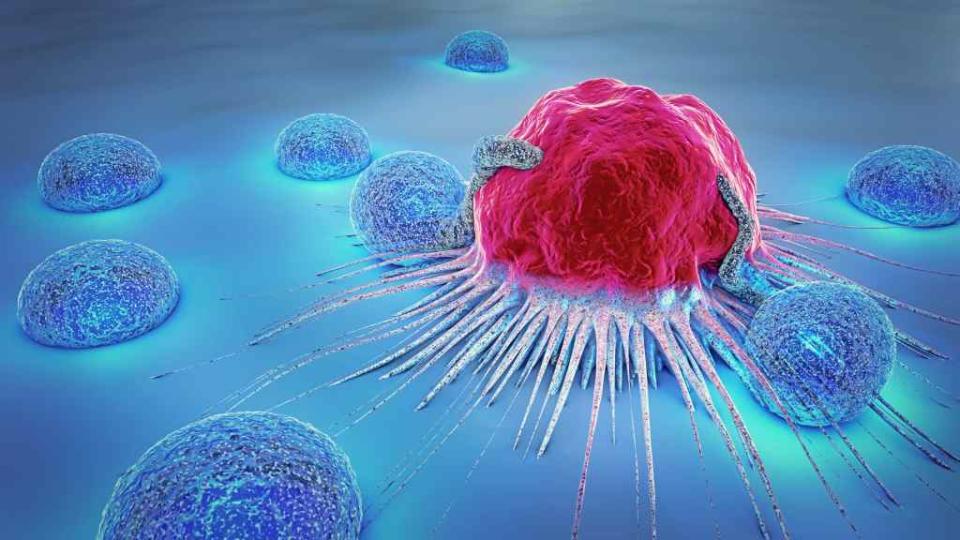
This might not offer much consolation, but right now, there’s no silver bullet for why this is happening.
“A few things come to mind. There could be environmental risk factors, is it the water that we’re drinking? Is it the pesticides in our food? Can it potentially be lifestyle choices, processed foods, decrease in exercise?” Olazagasti questioned. She also pointed to more stress and higher rates of depression and anxiety in youth today.
Some researchers also point to rises in obesity, because it’s a condition that is associated with a number of cancers.
Olazagasti is also right to point to chronic stress as a possible cause. Researchers know that being stressed out for long periods of time can make real changes in the body — and research suggests that it may promote cancer development.
And then there’s processed foods.
“My mind immediately thinks of environmental causes, and what I mean by that, I think of diet first,” Dr. Allyson Ocean, a medical oncologist at New York-Presbyterian/Weill Cornell Medical Center and professor of clinical medicine at Weill Cornell Medicine, told the Post.
One thought is that those dietary habits could be causing changes to occur in the gut microbiome. “Part of the research that’s going into this [issue] is around someone’s microbiome, which is the bacteria that lives within our intestines.”
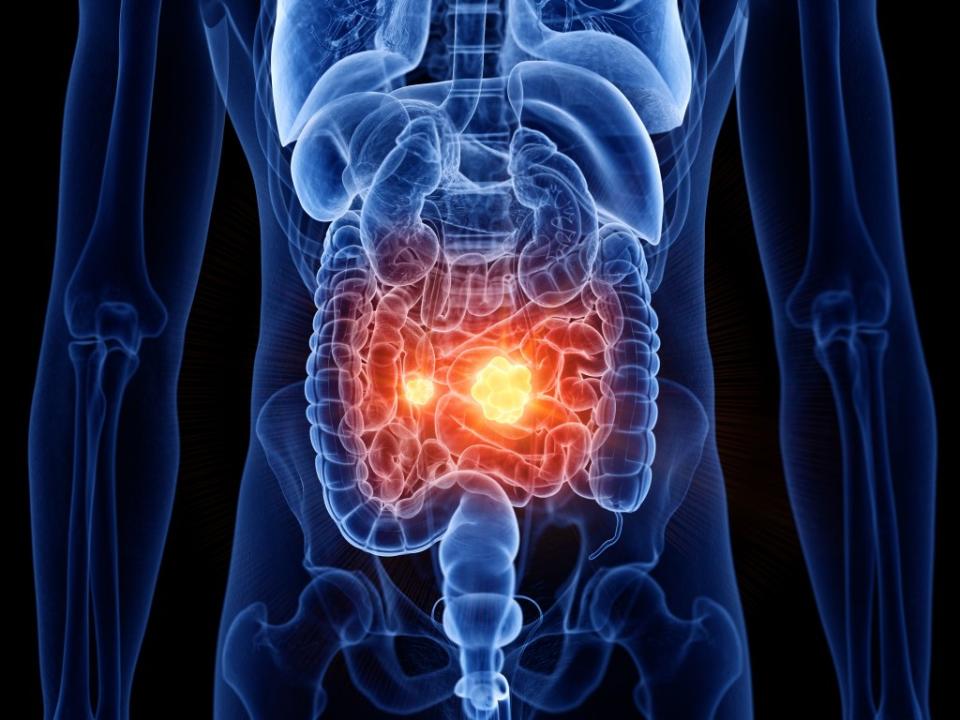
Tons of bacteria grow in our gut to make up the microbiome. Lots of that is necessary for certain bodily functions, Ocean explained, but sometimes you can change that microbiome — whether through stress, alcohol consumption or diet — in ways that can negatively impact your health. Still, Ocean stressed, there’s a lot of research that needs to be done in this area.
Changes in the gut microbiome could be leading to more cases of certain cancers, but like the other factors included here, “we really don’t know yet,” she said.
There are still ways you can reduce your risk
We know this sounds like a broken record, but in general, living a healthy lifestyle can help reduce your risk for a number of cancers.
“Keep up a healthy lifestyle,” Ocean said. “Eat well, exercise, use sunscreen. You know, common sense things to protect yourself.”
Ocean also advised that if you can, talk to your family and get details about your medical history. You should ask about any types of cancer that have occurred, but also the age of diagnosis and any other details about a family member’s treatment or survival. Armed with that information, tell your doctor. That way, Ocean said, if certain symptoms start to appear one day, you’re more likely to get the right treatment faster.
That hereditary factor is one reason that Ocean thinks having a healthy lifestyle is even more vital.
“You want to make sure that you are living a healthy life, just in case you already have an increased risk that you may not even know about,” she said.
If you have concerns, speak with your doctor
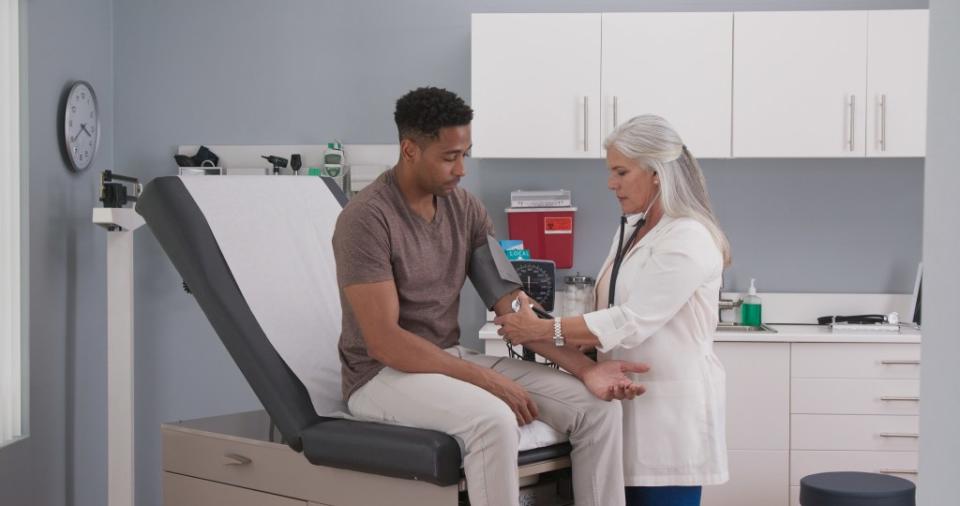
One of the challenging aspects of cancer is that there’s no single definitive test to easily diagnose everything. And screening people at younger ages won’t necessarily solve everything either.
“That’s a whole big thing right now in terms of what to do — because there are many cancers that do not have any official screening guidelines,” Ocean explained.
And although there are blood tests, they’re far from perfect. The tests available screen for the presence of cancer DNA. If someone gets a positive for colon cancer, for example, Ocean said, that person would still be sent for a colonoscopy to confirm the results.
“But [people] have to remember it’s one point in time,” Ocean said of the test. “It’s the day that test is done. If it’s negative, it doesn’t mean you’re never going to get cancer.”
That’s where having regular conversations with your doctor can really come into play.
Olazagasti also stressed the need to be your own patient advocate, since it might take more convincing to get certain tests if you’re a young person.
“As doctors, we also have to check our biases and know that times are changing and what we didn’t used to see in the past, we’re seeing more of,” Olazagasti said. “We have to take patient’s symptoms seriously and be more proactive and dig in to what caused them.”
It’s not all doom and gloom
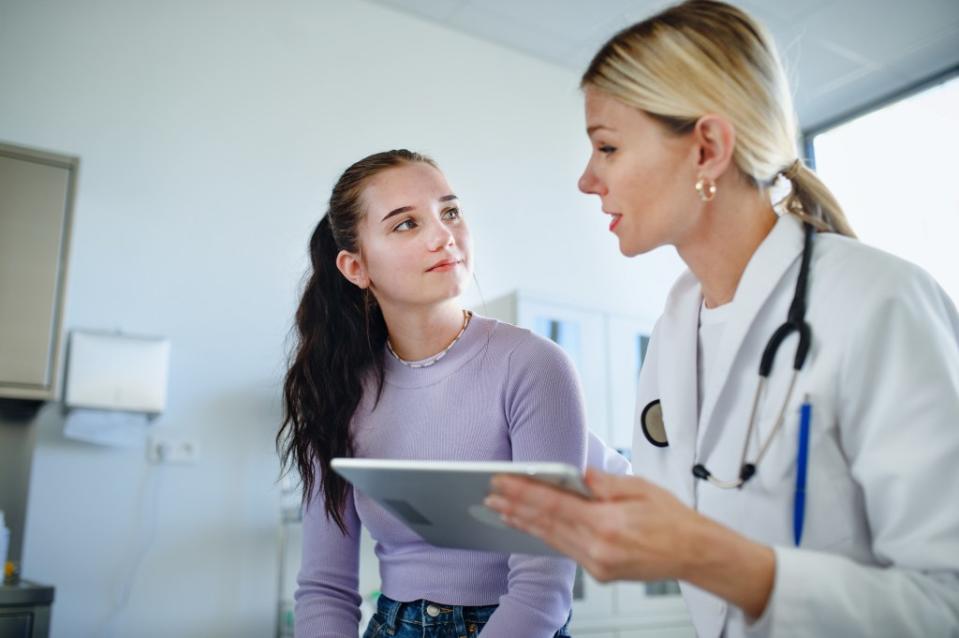
“These statistics can sound alarming but people need to know that cancer medicine is evolving so rapidly, and we’re having breakthroughs literally every day,” Ocean said.
As of 2022, the National Institutes of Health estimate that there are over 18 million cancer survivors living in the US — roughly 5% of the population.
And remember, Olazagasti said, most people will not get cancer. What’s important is raising awareness and giving people the information they need to make a decision about whether to get screened.
“There’s always light at the end of the tunnel,” Olazagasti assured. “We just need to continue building on the great work that we have been doing.”

 Yahoo News
Yahoo News 
